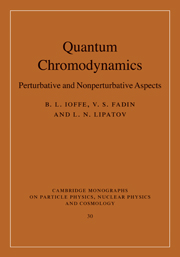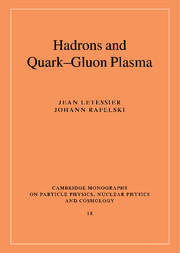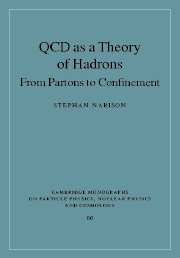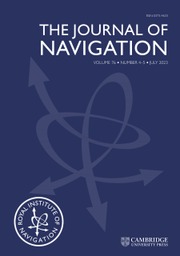Quantum Chromodynamics
Aimed at graduate students and researchers in theoretical physics, this book presents the modern theory of strong interaction: quantum chromodynamics (QCD). The book exposes various perturbative and nonperturbative approaches to the theory, including chiral effective theory, the problems of anomalies, vacuum tunnel transitions, and the problem of divergence of the perturbative series. The QCD sum rules approach is exposed in detail. A great variety of hadronic properties (masses of mesons and baryons, magnetic moments, form factors, quark distributions in hadrons, etc.) have been found using this method. The evolution of hadronic structure functions is presented in detail, together with polarization phenomena. The problem of jets in QCD is treated through theoretical description and experimental observation. The connection with Regge theory is emphasized. The book covers many aspects of theory which are not discussed in other books, such as CET, QCD sum rules, and BFKL.
- Provides a deep understanding of various aspects of the modern theory of strong interaction
- Presents the general properties of QCD, before exploring perturbative and nonperturbative approaches
- Discusses aspects of the theory such as CET, QCD sum rules, and BFKL, which are not covered in other books
Reviews & endorsements
'One of the special features of this book is the inclusion of new and remarkable topics, e.g. CET, QCD sum rules and BFKL approaches, which are not discussed in other books. … provides the reader with a complete understanding of the various aspects of the modern theory of QCD … a good reference source for graduate students and researchers involved in QCD theory-related studies.' Contemporary Physics
Product details
January 2010Hardback
9780521631488
596 pages
254 × 184 × 35 mm
1.2kg
Available
Table of Contents
- 1. General properties of QCD
- 2. Chiral symmetry and its spontaneous violation
- 3. Anomalies
- 4. Instantons and topological quantum numbers
- 5. Divergence of perturbative series
- 6. QCD sum rules
- 7. Evolution equations
- 8. QCD jets
- 9. BFKL approach
- 10. Further developments in high energy QCD
- Index.





